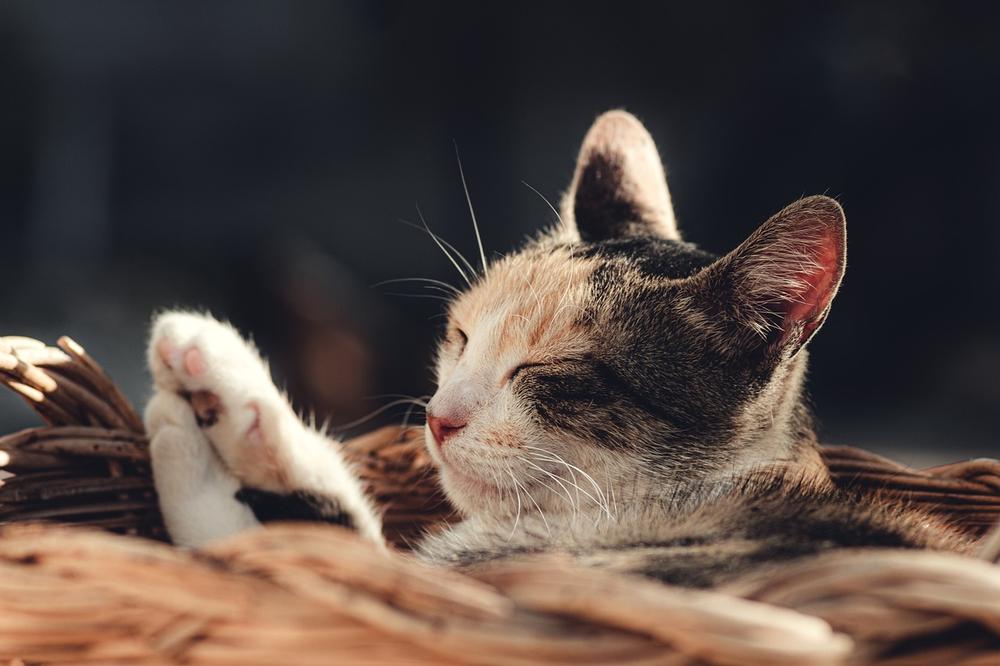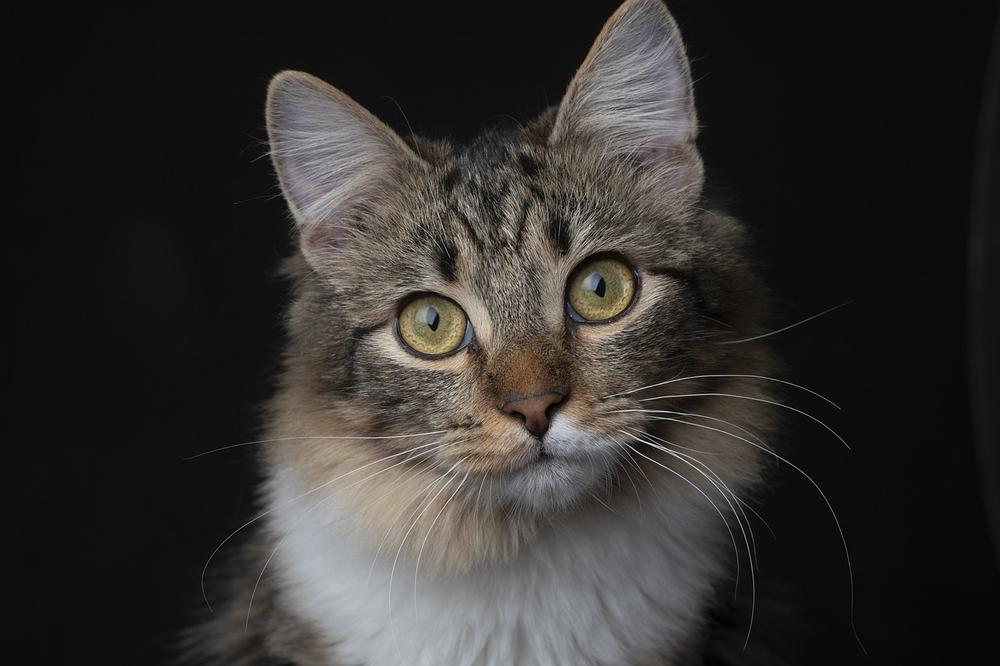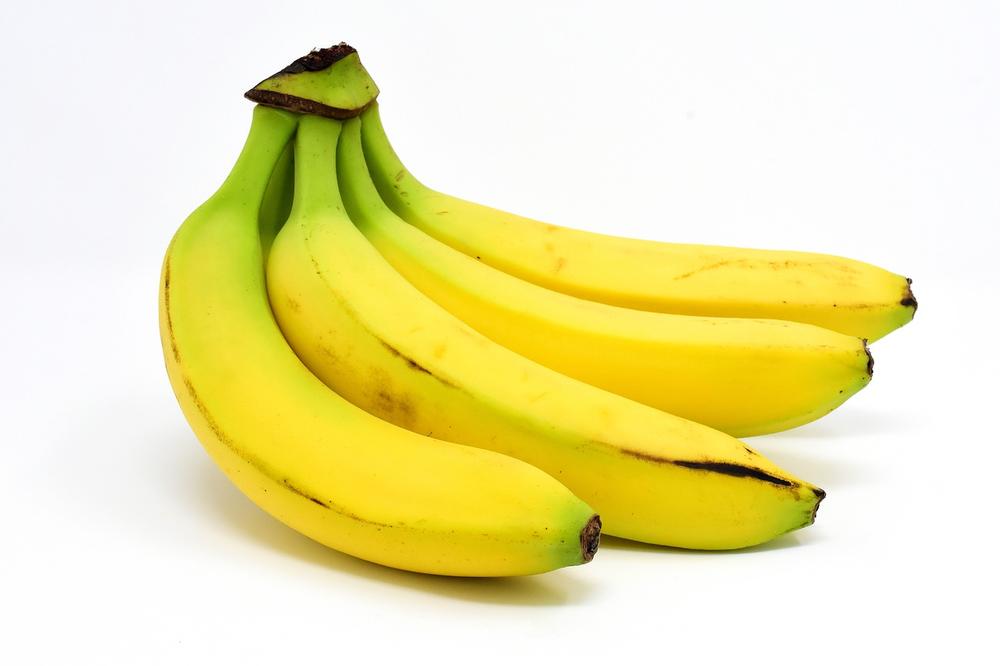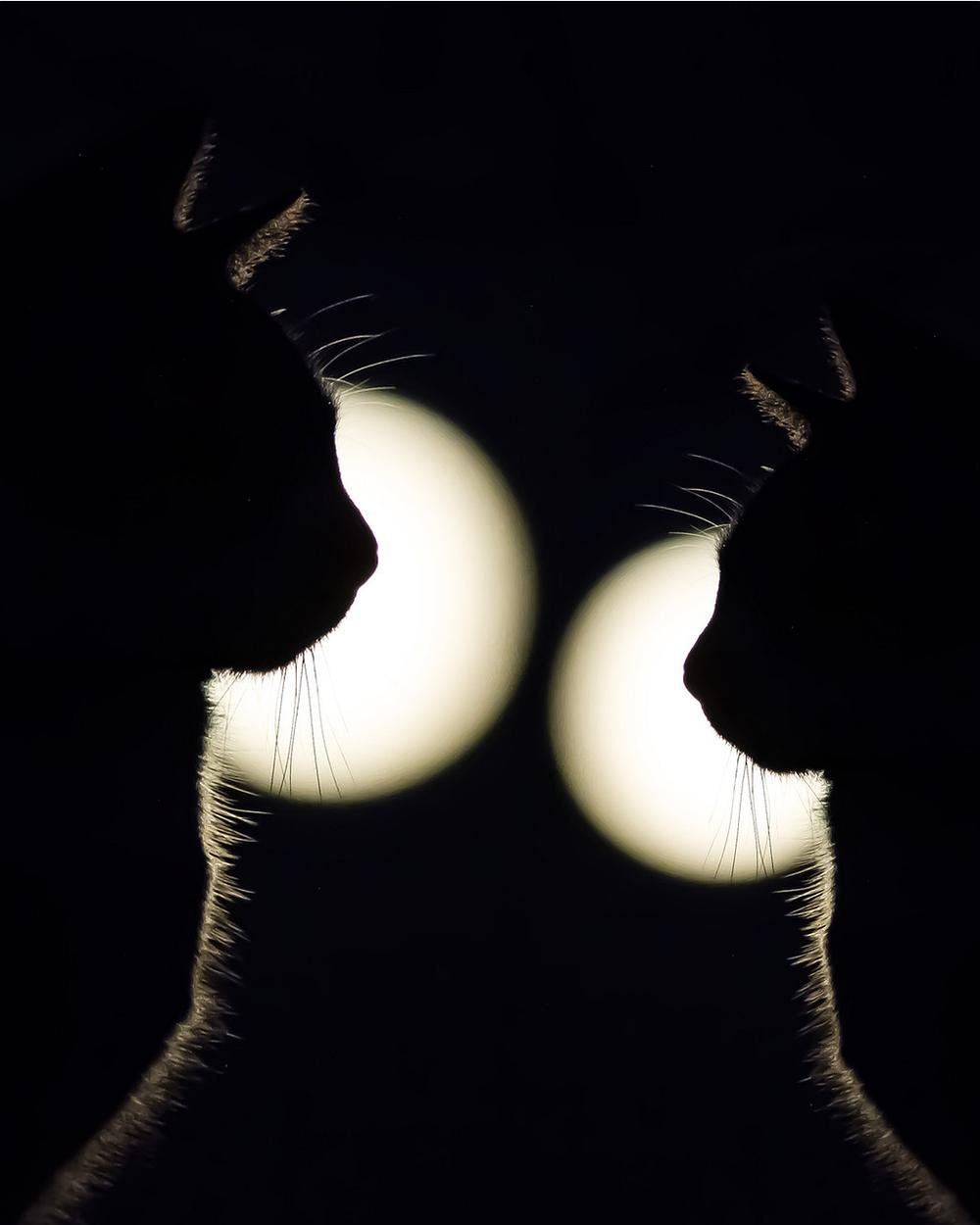Can Cats Eat Bananas? Are They Bad for Your Feline Friend?

Visualize this:
You just found out that your cat has a newfound love for bananas.
But wait a second, can cats actually eat bananas? 😺
The worry sets in. What if it's harmful?
Don't fret, my concerned feline friend.
Let's dive into this topic together.
Can Cats Eat Bananas?
Can cats eat bananas?

The answer might surprise you, so let's break it down in a handy list:
- Bananas provide minimal nutritional value for cats, thanks to their high carb and sugar content.
- Cats can eat fruits like bananas, apples, blueberries, and mangoes in small quantities without any harm.
- However, cats have different nutritional needs from humans, so while bananas are safe, they don't offer specific benefits.
- Bananas are high in carbs and sugar, which can lead to diabetes and weight problems for cats.
- Cats are obligate carnivores, meaning meat-based foods provide better nutrition and are easier to digest.
- So, although cats can eat bananas, it's best to limit their intake and focus on their main diet of animal products.
You should understand your furry friend's dietary requirements and consult your vet before adding bananas or any other fruit to their menu.
Remember, moderation is key when it comes to cats and bananas!
Main points I'll expand upon further down this article:
- Cat diets can vary and cats may tolerate certain foods differently.
- Too many bananas can cause diarrhea, allergic reactions, and blood sugar spikes.
- Open communication with a vet is crucial for your cat's safety and health.
- Allergic reactions to bananas in cats are rare but can still happen.
- Most cats don't develop allergies to bananas, but food sensitivities can occur.
- Cats are naturally picky eaters and usually prefer a meat-based diet.
- Portion control is important due to the high sugar content in bananas.
- Cats should only eat bananas occasionally and in small amounts.
- Monitor for allergic reactions or upset stomachs and consult a vet.
- Introduce new foods slowly, avoid toxic options, and remove banana peel.
But what about allergies and other potential risks?
Let's explore further to ensure you understand the possible complications that can arise if your furry friend indulges in too many bananas...
Can Cats Be Allergic to Bananas?
It's not common, but cats can have allergic reactions to bananas.
Here's what you should know:
- Keep an eye out for signs of allergies like itching, swelling, or trouble breathing.
- Don't go overboard with the bananas - too much can cause diarrhea, allergies, and blood sugar spikes. Moderation is key!
- Talk to your vet about your cat's diet to make sure it's safe and healthy.
- Most cats don't develop banana allergies because they're not exposed to them much. So, introduce new foods slowly.
- Cats can have food sensitivities that cause vomiting and diarrhea, even if they're not allergic to bananas.
- Bananas are generally safe for cats to eat, but if your cat has calcium oxalate bladder stones, spinach may not be a good idea.
- If you notice any allergic symptoms or concerns, reach out to your vet for guidance.
Every cat is different.
Pay attention and consult your vet when needed to keep your furry friend happy and healthy! 😺

And if you're wondering about other fruits that are safe for your feline friend to enjoy, well, I have just the thing for you.
In my article Can Cats Eat Kiwi, I delve into whether kiwi is a suitable snack for cats.
Do Cats Like Bananas?
Cats are picky eaters, preferring meat over fruits like bananas.

Even if cats aren't crazy about bananas, you need to control portions when allowing them this occasional treat because of the high sugar content.
Generally, cats aren't drawn to sweet foods like bananas and don't display much interest in them.
How to Feed Bananas to Your Cat
Feeding bananas to your cat can be a fun and healthy treat for them.
But, let's ensure you do it right.
Here are some important things to PLEASE bear in mind:
- Start with small pieces of banana without the peel to see if your cat enjoys it.
- Remember, treats should only make up 10% of their daily calorie intake, so don't go overboard with bananas.
- Keep an eye out for any allergic reactions or upset stomachs after giving your cat bananas.
- If you're unsure about treating your cat with bananas, it's always a good idea to consult with a veterinarian about suitable treats.
- Be aware that there are certain fruits and foods that are toxic to cats, so know what's safe and what's not.
- Cats with diabetes or obesity should avoid bananas because they have a lot of sugar.
- Always take off the peel before offering bananas to your cat since it's indigestible and can be a choking hazard.
- Some cats may not like the smell of banana peels, so you can try alternative treats like oatmeal if that's the case.
Safely incorporating bananas into your cat's diet and providing them with a delightful treat can be accomplished by adhering to these suggestions.
What if Your Cat Ate Some Banana?
Is it safe for cats to eat bananas?
Well, here's the deal. If your healthy kitty happens to eat a little piece of banana and starts acting strange or has an upset tummy, it's probably best to give your vet a call just in case.
You see, cats are lactose intolerant, so they can't handle milk.
But what about watermelon?
Well, it can actually be given as a treat to your feline friend...
Just keep in mind that it contains sugar, so don't go overboard with the portions.
Now, onto something a bit more substantial.
Cooked salmon is a great choice for cats as a source of protein and those all-important omega-3 fatty acids.
And hey, tuna packed in good old water is also an option, but don't make it a meal replacement for your fluffy buddy.

Looking for a light snacking suggestion?
Cooked turkey breast without any fancy seasonings fits the bill.
Your cat will gobble it up like there's no tomorrow!
But let's get back to the banana situation.
While it's generally safe for cats to eat small amounts of this tropical fruit, you should definitely keep an eye out for any signs of GI issues after feeding it to your feline. Better safe than sorry, right?
Oh, one more thing – Don't even think about giving your kitty part of a banana peel. It's indigestible and poses a serious choking hazard. We don't want any accidents happening here!
If you ever have any doubts or questions about what your kitty can and cannot eat, fret not!
There's a handy dandy list available to help you out.
And if you're in the UK or ROI, feel free to contact these numbers for some extra assistance:
0800 212 161 (UK) and 1800 509368 (ROI).
And that wraps up today's article.
If you wish to read more of my useful articles, I recommend you check out some of these: Can Cats Eat Lentils, Can Cats Eat Tuna in Oil, Can Cats Eat Spinach, Can Humans Eat Cat Food, and Can Cats Eat Thyme
Talk soon,
-Sarah Davis